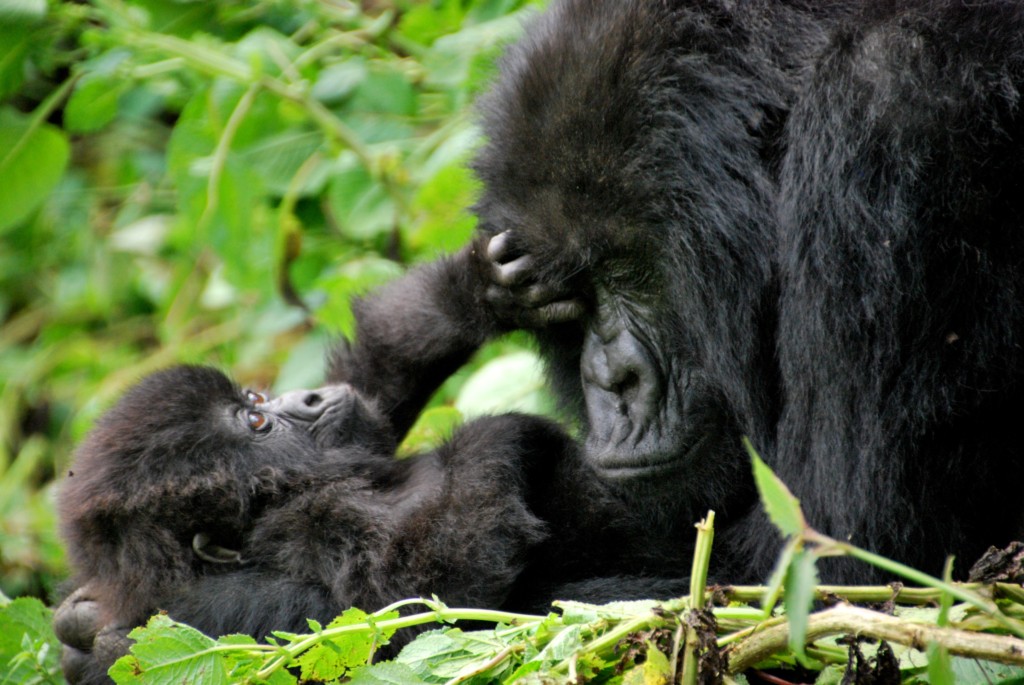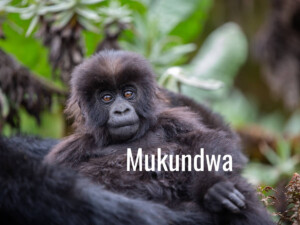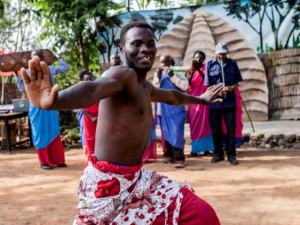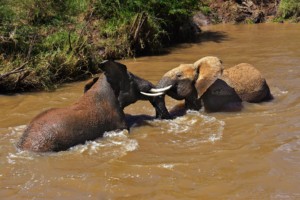Price hikes for Rwandan gorilla treks inevitable

In a column Kariza wrote for The New Times, she states: “The primary objective of these revised tariffs is to ensure the long-term sustainability of a fragile species in a world that is increasingly challenged in protecting bio-diversity and natural assets for future generations.”
She quotes Dr. Tara Stoinski, President and CEO of the Dian Fossey Gorilla Fund: ““With the growth in the gorilla population, we are seeing much higher rates of interactions between gorilla groups, which our data clearly show can be very stressful as well as increase rates of injury and/or death.
“Given that mountain gorillas remain among the most critically endangered animals on the planet, it is essential that we try to minimise pressures on the population and continue to pursue all measures to ensure their long-term future.”
Kariza cites the “enormous long-term investment” required by the Government of Rwanda in order to:
- Increase buffer zones around protected areas;
- Protect Nyungwe National Park, “one of Africa’s largest protected mountain rain forests”;
- Restore Gishwati-Mukura National Park, a new park (2016) made up of two fragmented mountain forests; and
- Increase local communities’ share of tourism revenue from 5% to 10%.
The CTO then quotes Anna Behm Masozera, Director of the International Gorilla Conservation Programme: “An initiative which will reinvest a greater amount in real currency and as a percentage of revenue into conservation through enhanced protection and revenue sharing with local people — without compromising the principles and best practices approaches to gorilla tourism — should be celebrated.
“Should the initiative also add value to the tourist experience, continuing to attract tourists from near and far, then benefits will radiate through all sectors.”
Kariza ends her column with: “There is great importance attached to balancing the protection of the natural resources and development in Rwanda for both the present and future generations to thrive.
“That is the vision for sustainable tourism and conservation that has been set for this country.”
Consultation, please
The key criticism from commentators on the article was around an alleged lack of consultation.
Freddy G wrote: “[All stakeholders] need to be part of the conversation beforehand. An article like this one (although credible from every angle) makes your institution look like it is on a defensive! You are defending a policy and yet, if you had involved all of us from the onset (even by writing an article like this one), there would be no need to go on a defensive. Yes, some of us may not have liked the increase in prices, but at least we wouldn’t be caught off guard by the changes.”
Yulian wrote: “Conservation is nothing at all if the beneficiaries of it are not involved in the decision making … The price is not only denying local Rwandans the right to enjoy their God given attractions but also it makes them feel like they are second citizens in their own home. It would have been agreeable if the price increase was only for foreigners NOT indigenous Rwandans.”
Rwagasabo wrote: “We do agree that it is time to re-examine the “enjoyment equals support” equation and to encourage public support of resource protection at a higher level of understanding. But it is hard to do this when we have been left out of consultations; denied a chance to visit these treasures; and question the conservation story and interests of the leaders we pay with our tax money (there was no mention of reduction in number of permits per day).”

Belise Kariza
Very reasonable criticism, we suggest, except perhaps the price discrimination bit.
Supply and demand
Putting aside the rights and wrongs of process, and acknowledging our ignorance of Rwanda and its specific issues, this blog supports Kariza’s arguments for tariff increases. They seem reasonable, well-written, and, crucially, supported by experts.
Indeed this blog suspects that if we, the tourism industry, are to carry the principles of sustainable ecotourism through to their logical conclusion, eventually only the wealthiest travellers will be able to experience critically-endangered species such as the mountain gorilla in their natural habitat.
That’s a simple function of supply and demand.
The rest of us will have to make do with virtual reality.
Related posts





